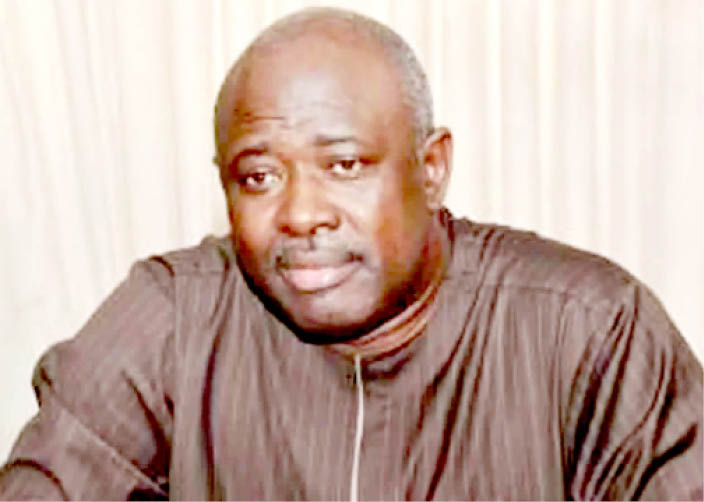Minister of State for Petroleum Resources, Heineken Lokpobiri, has confirmed that the ongoing negotiations to end the disputes surrounding oil mining license (OML 245) have been concluded and the block will resume production in the national interest.
The minister gave the hint in Abuja, at the opening session of the Nigerian Oil and Gas Energy Week with the theme, “Showcasing opportunities, driving investment, meeting demand.”
Recall that President, Bola Ahmed Tinubu, had directed the Attorney-General of the Federation, Lateef Fagbemi, the Minister of State for Petroleum Resources, and other government agencies to clear all court cases related to the $1.3 billion deepwater OML 245 oil block located in the southern Niger Delta.
Other agencies that also received the order include the Economic and Financial Crimes Commission, Nigerian Upstream Petroleum Regulatory Commission, and Nigerian National Petroleum Company Limited.
- Police recover 3-month-old baby in front of Anambra school
- 96 suspects arrested as police raid criminal hideouts in FCT
Lokpobiri said: I am happy to announce to you that we have resolved all the issues. We should be expecting investment in 10s of billions of dollars.
“Investments have started coming back and we are looking at what we can do to sustain our investments and profitability.
“What this government has successfully done is to create an atmosphere where we become globally competitive. Nigeria fiscals are globally competitive and those companies that left over a year ago are coming back.”
The Malabu OML 245 deal, considered one of Nigeria’s most prolific oil blocks, was acquired by Malabu Oil and Gas, a company with links to former Nigerian Minister of Petroleum, Dan Etete, in 1998 for $2 million. In 2001, the federal government under former President Olusegun Obasanjo revoked Malabu’s license due to “questionable practices.”
In 2006, Malabu challenged the revocation in court, eventually reaching an out-of-court settlement with the government under former President Umaru Yar’Adua.
In 2011, Shell and Eni, two major oil companies, acquired the block for $1.3 billion from Malabu in a deal approved by the Nigerian government. However, since then, there have been allegations and litigation, as Transparency International and other anti-corruption groups alleged bribery and corruption in the deal.
Speaking on the 28 years of crisis and litigation surrounding the prolific oil block, The minister recently said: “the core issue revolves around the agreement between the federal government, Shell, and ENI, wherein the Federal Government facilitated the transfer of rights from Malabu to Shell/ENI in exchange for consideration. This process was conducted transparently and in accordance with established legal frameworks.
He maintained that throughout the legal proceedings, there has been no evidence indicating any criminal liability on the part of the federal government or any involved parties, as all legal battles across multiple courts have concluded with outcomes affirming the absence of criminal wrongdoing.

 Join Daily Trust WhatsApp Community For Quick Access To News and Happenings Around You.
Join Daily Trust WhatsApp Community For Quick Access To News and Happenings Around You.

